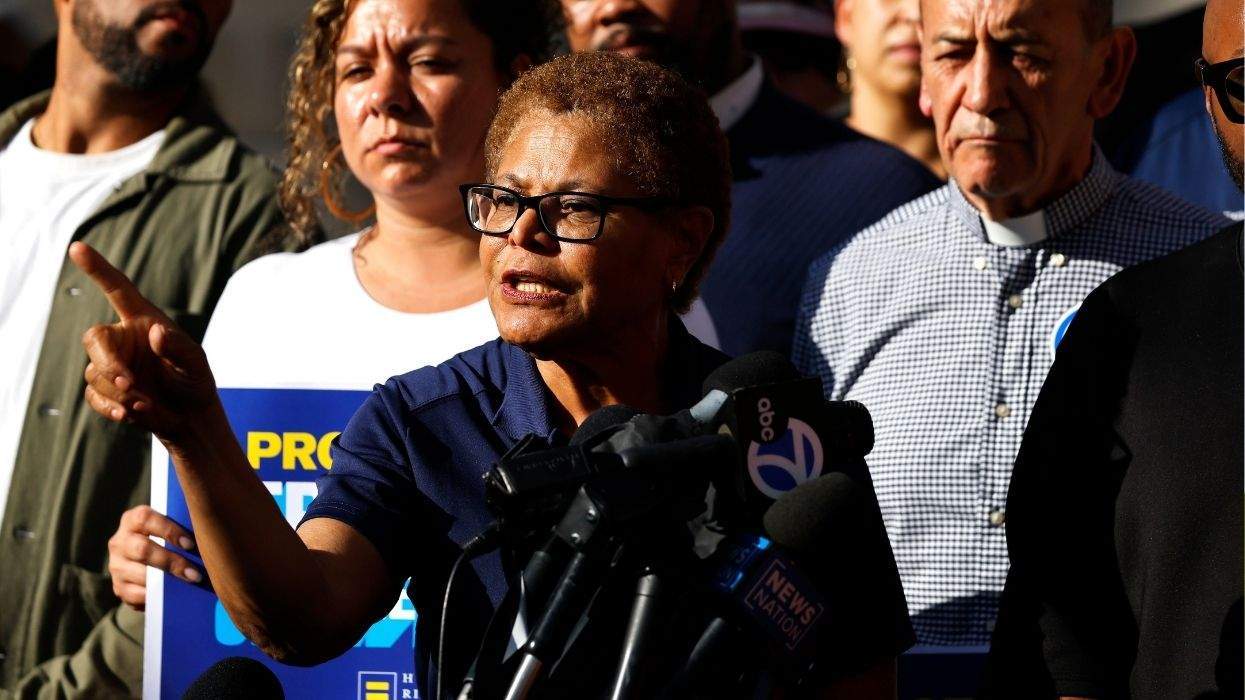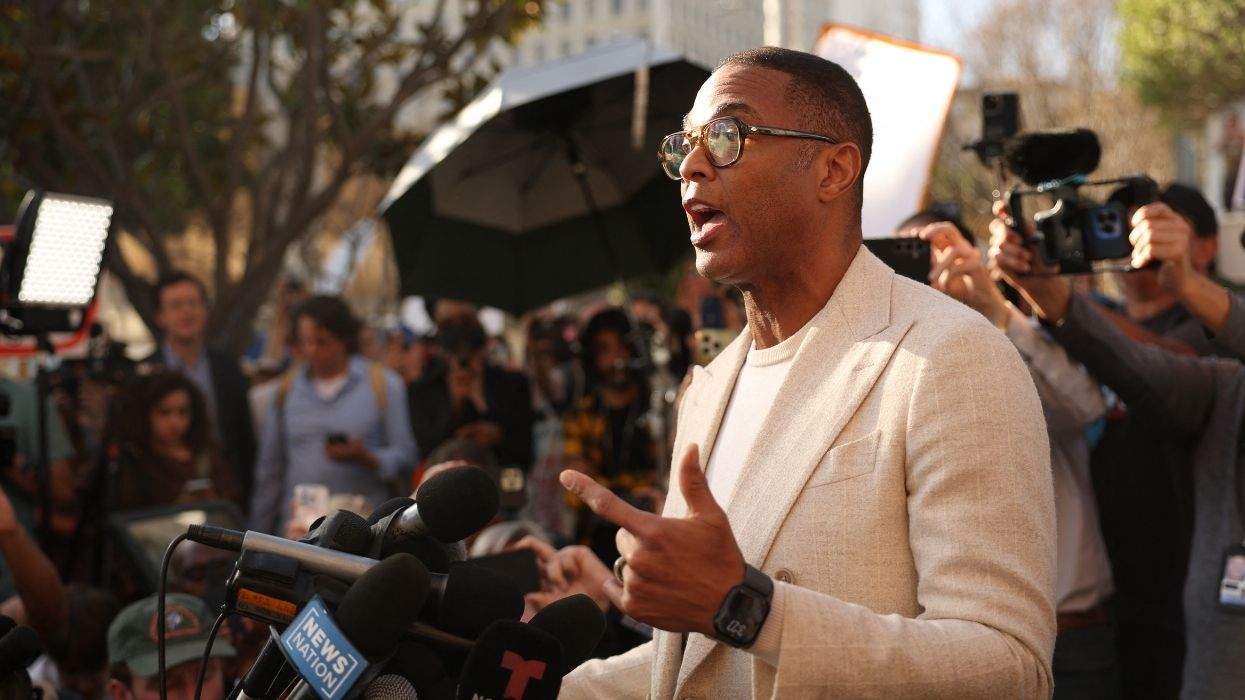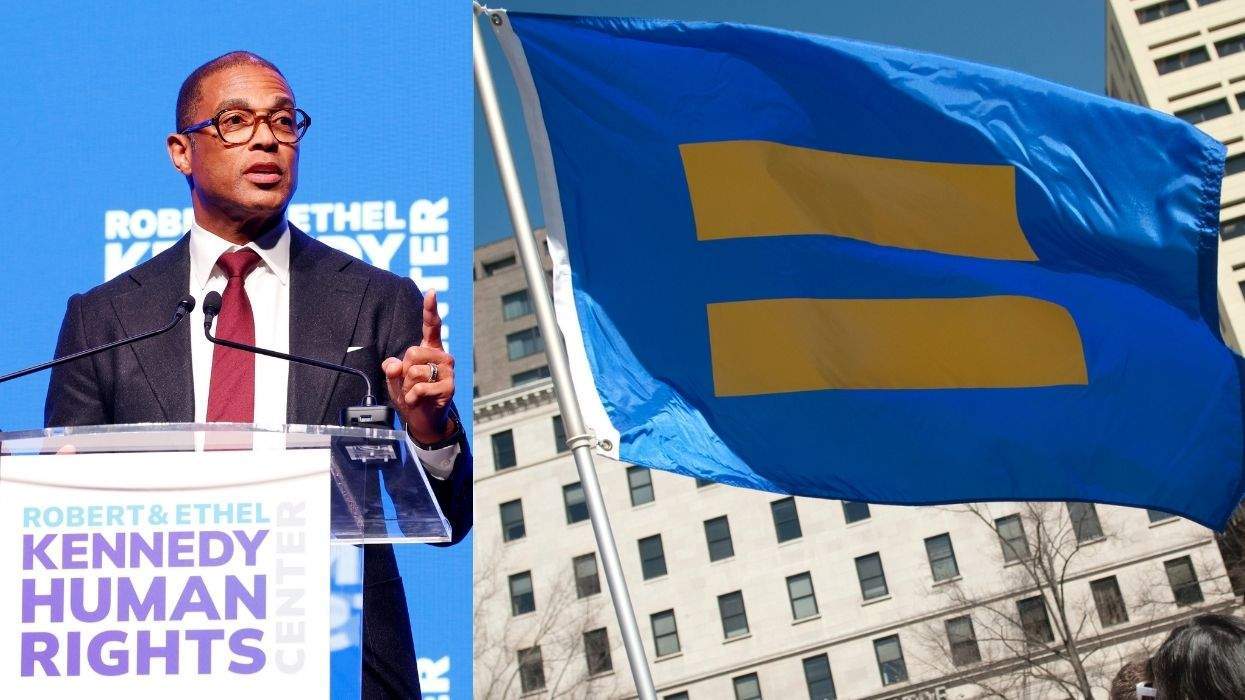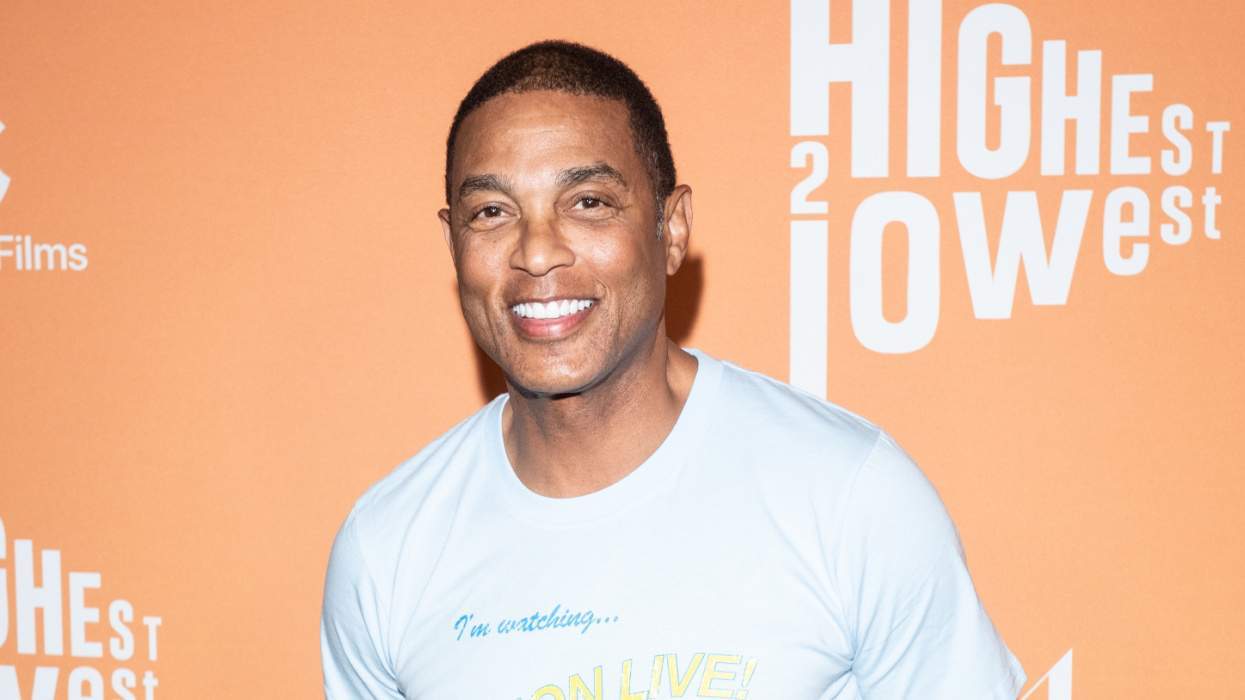Criticism over the way a school resource officer handled a shooting this month at a Florida high school has drawn comparisons to the response of security at the notorious Pulse nightclub shooting in Orlando. Now, as critics dissect the response to the most recent Florida mass shooting, the infamous attack on central Florida's Latinx community has come under a new level of scrutiny.
So how similar was police response at Pulse and in Parkland, Fla.? As one might expect, parallels exist, but so do critical differences.
One Cop, One Shooter
At Marjory Stoneman Douglas High School, all accounts suggest Deputy Scot Peterson never engaged or saw the shooter. That fact first came up at task force meetings on school safety in Tallahassee, then drew intense attention after Broward County Sheriff Scott Israel announced he had reviewed security footage showing Peterson outside the building where the shooting occurred for upward of four minutes after his arrival, reports the Sun-Sentinel.
Peterson, through a statement from attorney Joseph A. DiRuzzo III, says he didn't go inside the school because he "heard gunshots but believed that those gunshots were originating from outside of any of the buildings on the school campus." The statement says Peterson followed procedure when he sought cover to call for backup and assess the situation. It was Peterson who first reported gunshots to the Broward County Sheriff's Office before putting the school on Code Red, and he also asked school administrators to review surveillance video to find the true location of the shooter. Once SWAT arrived, Peterson gave officers keys to get inside the building. Ultimately, 14 students and three adults on campus died, allegedly killed by expelled student Nikolas Cruz.
What happened at Pulse? About a year and a half after the incident, more information has been released about the massacre, and there are a number of differences between the response to the shootings.
Pulse was being guarded by an off-duty cop, Orlando Police Officer Adam Gruler, who was not at the door to the club when shooter Omar Mateen allegedly went to his vehicle to grab his Sig Sauer before returning to the club. Rather, Gruler was searching the parking lot for an underage individual who tried to get into Pulse with a fake ID. But Gruler's search ended when he heard gunfire. He returned to the club and engaged Mateen at the entrance.
But Gruler had a pistol and Mateen an semi-automatic rifle. The officer decided he was outgunned, retreated, and called for backup. Orange County Sheriff's Office reports show that at 2:02 a.m., Gruler reported shots fired. Orlando police showed up at 2:04 a.m. and did not initially enter the club, and at 2:05 a.m., Orange County sheriff's deputies started pulling victims away from the building, according to an Orlando Sentinel timeline.
Orlando Police dashboard cameras captured images of when on-duty police arrived on the scene. Gruler remained in the parking lot, pistol drawn. He informed officers Mateen was on the patio at Pulse, and then video shows him firing at Mateen.
Mateen ultimately died during a shootout with law enforcement after an hours-long standoff. And 49 others, most gay and Latino, died in what is still the second deadliest mass shooting in modern U.S. history.
The Broader Response
In the wake of Pulse, authorities notably were quick to defend Gruler, saying he simply was outgunned. That's a stark difference from Israel's quick criticism of Peterson, ordering a suspension without pay before Peterson resigned and promising an investigation will be completed.
Little public criticism of Gruler's actions came at the time. A critique of police response to shootings on the right-wing website The Federalist took Gruler to task along with Peterson and first responders to the Sandy Hook Elementary School shooting. "Our police are supposed to be better than that," wrote commentator Michael Graham. "We honor them, we tell our kids to look up to them, we buy them lunch, donate to their charities, we believe in them."
Orlando law enforcement has dealt with questions since June of 2016 about why the standoff with Mateen lasted so long, especially when some victims remained inside the club. And the Broward County Sheriff's Office also faces similar criticism for its response time in Parkland.
At the Pulse shooting, police entered the club about six minutes after Gruler's initial call. In both situations, police largely focused on evacuating survivors. In Orlando, Mateen continued to fire shots, while Cruz in Parkland dropped his gun and posed as a survivor of the attack as he tried to flee the scene.
Over the half hour after a large police presence arrived at Pulse, armed police contained Mateen in a club bathroom with other individuals inside, but at 2:35 a.m., 911 records show Mateen called police and falsely said he had a bomb vest. At that point, police left the club, evacuating whatever survivors were not in the bathroom with Mateen, and engaged in an hours-long standoff until police ultimately blew a hole in the wall. This led to another firefight between Mateen and law enforcement before the shooter was killed.
Orlando Police Chief John Mina and Orange County Sheriff Jerry Demings have always maintained that once the threat of a bomb came into play, officers could not continue to press on Mateen from inside the club for fear of a detonation. And at one point, Mateen said he would put explosives on hostages and put them in various corners of the club.
Of course, there are also family members of those killed at Pulse who remain upset at how quickly police entered Pulse and how willing they were to exchange fire with the shooter while innocents remained in the club. Christine Leinonen, a former police officer whose son Christopher died at Pulse, has been a prominent critic. "They went in like cowboys," Leinonen told The Advocate. She's always been bothered by the fact her son was shot from the front and back.
To this day, the FBI has not released information on whether any of the 49 killed at Pulse died in friendly fire, though Mina says Mateen holds responsibility for all deaths. "Those killings are all on the suspect," he told the Miami Herald. Further FBI evidence may come out over the course of the trial of Mateen's wife, Noor Salman, which begins this week.
Put simply, the situation was more complex than Parkland.
Broward County deputies arriving on scene face criticism about their own inaction as well. Coral Springs Police officers told CNN last week they were surprised to find four Broward County deputies outside the building waiting to enter and taking cover behind vehicles. And Israel now faces his own calls for resignation.















Charlie Kirk DID say stoning gay people was the 'perfect law' — and these other heinous quotes
These are some of his worst comments about LGBTQ+ people made by Charlie Kirk.